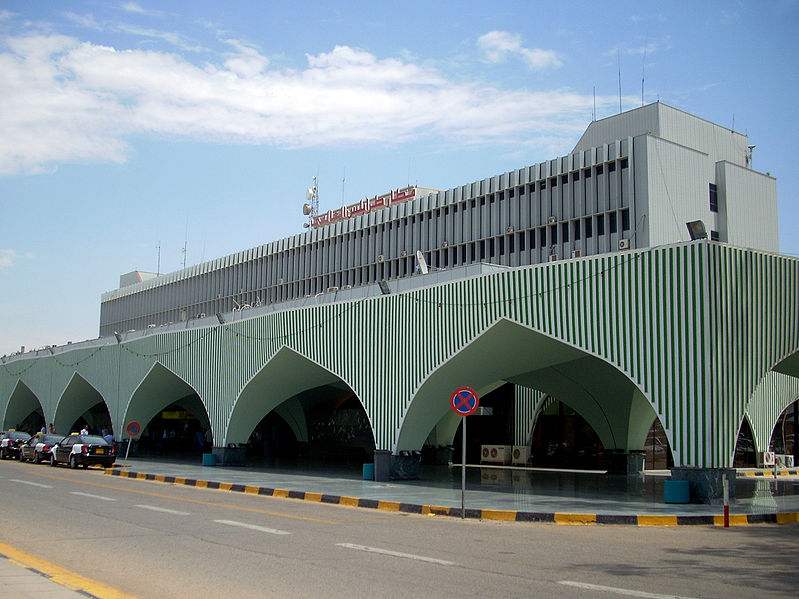By Hadi Fornaji.
Tripoli, 30 August:
A member of the former NTC, Ashour Hamad Abu-Rashed, arrived in Cairo yesterday, Wednesday, to take up . . .[restrict]the post of Libyan ambassador to Egypt. He is be the first new ambassador to be formally appointed since 17 February Revolution and his posting underlines the prime importance for Libya of relations with Egypt.
Abu-Rashed replaces Abdel Moneim Al-Houni, who was appointed by the Qaddafi regime. For the past several months, he had carried on operating out of the embassy in Cairo as if he were still ambassador, despite having been dismissed from the post.
At the beginning of last month, the foreign ministry put out a statement confirming Al-Houni was no longer the country’s ambassador to Egypt or the Arab League and had not been since last March and that any comments made by him since then had nothing to do with Libya. The ministry statement followed criticism by him of the NTC for failing to prevent violence in the country ahead of the elections.
At Cairo Airport yesterday where he arrived on a flight from Benghazi, the new ambassador was met by members of the Libyan embassy in Egypt and senior officials from the Egyptian Foreign Ministry’s Protocol Department. He is due to present his credentials to Egypt’s President, Mohamed Morsi in the next few days.
Abu-Rashed is expected also to become Libya’s ambassador to the Cairo-based Arab League.
Last year, he initially headed the NTC Advisory Board in Derna region and was then chosen as its NTC representative member. He was appointed head of the Supreme Committee for the Wounded and Martyrs last October.
The former ambassador, Al-Houni, had been one of Qaddafi’s associates in the military coup which ended the monarchy in 1969 and he became a member of the Revolutionary Command Council. After a while he fell out with the late dictator but, following a reconciliation, Qaddafi appointed him as Libya’s ambassador to Cairo and the Arab League. He continued as such until the outbreak of the 17 February Revolution when he joined the uprising. However, revolutionaries subsequently insisted that he be excluded from any official position.
Although generally good, relations with Egypt have been somewhat fraught in recent months over of Cairo’s continued refusal to extradite any of the many leading Qaddafi-era figures now in exile in the country. The Egyptian authorities frequently say they intend to so do but so far have not acted. [/restrict]









